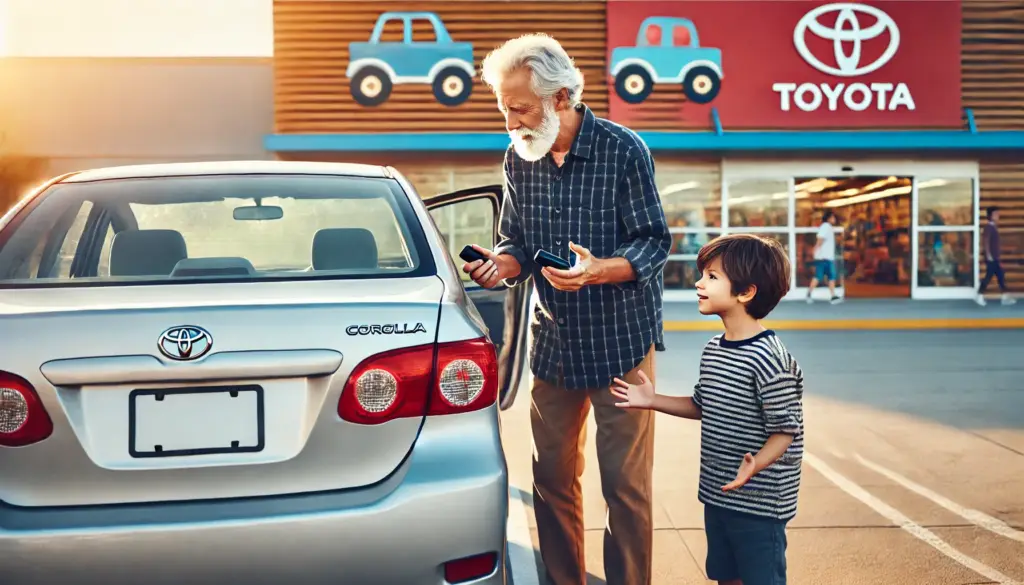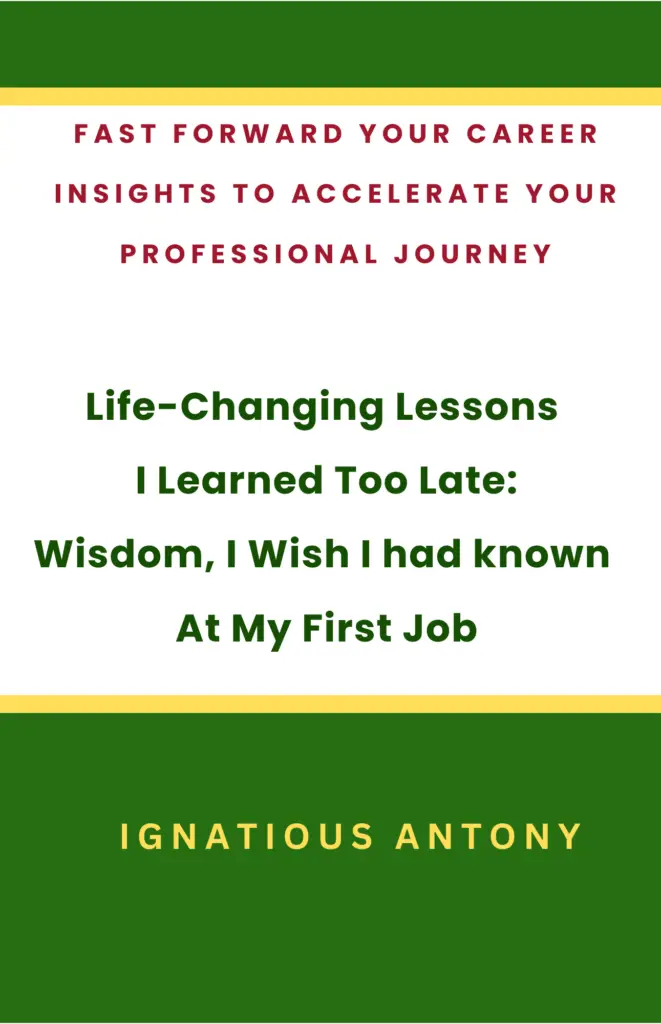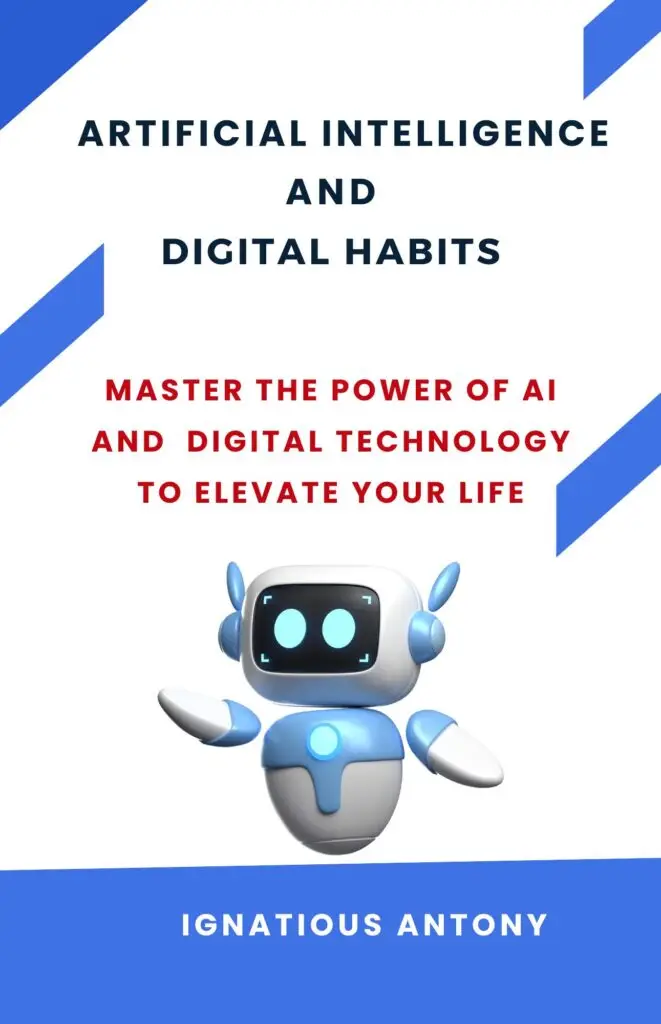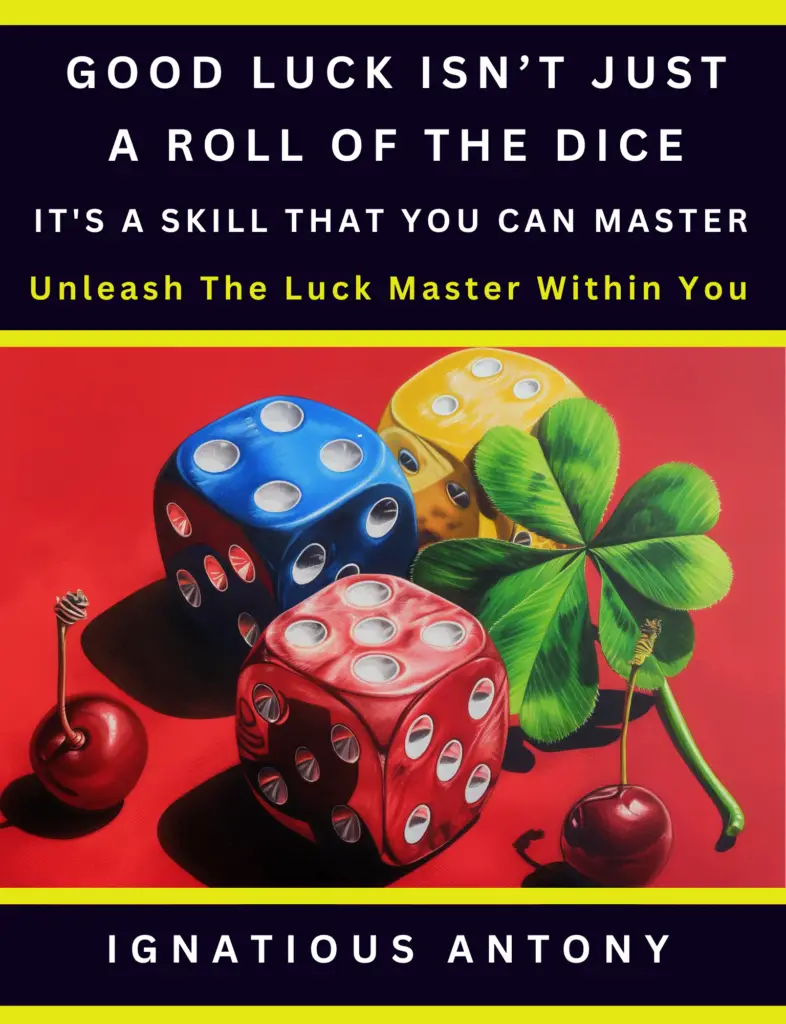The Day I Almost Broke My Grandson’s Heart – And the Lessons That Changed My Thinking

Have you ever been sure about something, only to realize later that you were utterly wrong?
It happens to all of us. Our minds love certainty. We believe we know the problem and stop looking for other explanations.
This is called confirmation bias—the tendency to see only what fits our existing beliefs. And sometimes, it blinds us to the truth that’s right in front of us.
That’s exactly what happened to me one day when I almost ruined a little boy’s special moment, all because I was convinced I already knew the answer.
The Car Key That Wouldn’t Work
I had an old Toyota Corolla with me for years. It was sturdy, reliable, and never let me down—except for one tiny issue. The key wouldn’t unlock the door manually, so the only way to lock and unlock it was with the remote key.
My wife had repeatedly warned me, “One day, this remote will stop working, and you’ll be stuck!”
But I never listened. Why fix something that still works?
One morning, my five-year-old grandson was visiting, and I had promised to take him to the toy shop. He was so excited—his tiny hands clutching mine, his eyes shining with happiness.
We drove to the Kid’s Toyshop. I parked the car a little away from the shop and stepped out. We had to walk a little to reach the shop. Then I pressed the remote to lock the car.
Nothing happened.
I pressed again—still nothing. My heart started pounding.
I tried shaking the remote, blowing on it, and pressing the button harder. Nothing worked.
I looked at my nephew. His little fingers squeezed my hand. His eyes once filled with excitement, now reflected worry. “Appooppa (granddad) , is everything okay?”
I couldn’t leave the car unlocked and take him inside with the risk of someone stealing it. I felt trapped.
I called the service centre, but there was no response. My wife’s voice echoed in my head—“One day, this will happen!”
I sighed, regretting not fixing the issue earlier. Then, as I walked around the car, I noticed something.
The rear window was open.
I froze.
The car wasn’t locking because the window was down. That was it.
I rolled up the window and pressed the remote again.
Click! The car locked instantly.
I stood there, stunned. My mind had been so convinced that the remote was broken that I never considered a more straightforward explanation.
My grandson tugged my sleeve. “Can we go now, Appooppa?” His face was bright again. I smiled and ruffled his hair.
We walked into the toy shop, and as he ran around picking his favourite toys, I stood there, deep in thought.
Jumping to Conclusions – A Common Mistake
That day, I learned something powerful. How often do we assume we know the answer without checking all the facts?
At work, we do the same thing.
Imagine you’re launching a new product. You believe it’s too expensive for the market. But your team disagrees and sets a higher price. Six months later, sales are low, and you instantly think, “I knew it! The price is too high!”
But is that the real reason?
Maybe customers are unaware of the product, the sales team didn’t explain the features well, or people love the product but are unsure about the after-sales service.
But you’re so convinced that pricing is the issue you stop looking for other possibilities.
Just like me with my car remote, you miss the open window.

Hanlon’s Razor – The Danger of Assuming the Worst
Our minds not only jump to conclusions, but they also assume the worst.
I remember one evening, waiting for my son to come home. He had just started riding a two-wheeler, and though he was careful, I couldn’t shake off the worry.
That day, he was late. As the minutes ticked by, my mind spiraled into dark places.
I imagined him lying by the roadside, caught in a terrible accident, or struggling alone, hurt and frightened.
The roads can be dangerous, and I began imagining all sorts of terrible scenarios. The sound of sirens in the distance made my heart pound faster.
I paced the floor, clutching my phone, ready to dial every emergency number I could think of. My heart pounded as I stared down the street, waiting for the sight of his familiar bike. It was pure torture, every moment stretching like an eternity.
And then, the front gate creaked open. There he was, strolling in with a carefree smile.
“Where were you?” I almost shouted, my voice a mix of relief and frustration.
“Oh, I met an old classmate at the shop. We got talking and decided to grab a cup of coffee,” he replied, surprised at my agitation.
In that moment, I realized how my mind had twisted a simple delay into a nightmare. I had jumped to the worst conclusion without any evidence.
Have you ever felt betrayed by a friend or colleague, only to realise it was all a misunderstanding?
I used to believe that when people did something that hurt me, they did it on purpose. But then, I learned about Hanlon’s Razor, a mental model that completely changed my thinking.
It states:
“Never attribute to malice that which can be explained by negligence.”
In simple words, most people are not out to hurt you. They make mistakes.
Let me give you an example.
A friend of mine once led a major project at work. He and his colleague worked hard. One day, he discovered that his colleague had sent a vital project update to the boss and all stakeholders but had not copied him on the email.
He was furious. He felt betrayed. “This guy wants all the credit! He’s trying to get ahead of me!”
Angry, he talked to another colleague about it. Eventually, those words reached the person he was upset with. And guess what?
It turned out to be a simple mistake. The colleague had accidentally missed adding his email.
But by the time he realised the truth, their working relationship had already been damaged.
How often do we do this?
- You see your friends went to a movie without you. You assume they don’t like you anymore.
- You get fewer bananas than you paid for at the fruit shop. You think the vendor is a cheat.
- Someone forgets to reply to your message. You assume they are ignoring you.
But maybe, just maybe—it was an oversight.
Most of the time, when we feel offended or betrayed, it’s not because someone deliberately tried to hurt us. It’s because they made a mistake, forgot something, or simply had something else on their mind.
Hanlon’s Razor reminds us to give people the benefit of the doubt.
Instead of thinking:
“They did this to hurt me.”
Try thinking:
“Maybe they made a mistake. Maybe they didn’t mean it.”
This shift in mindset can save relationships, reduce stress, and make life a whole lot happier.
Final Thoughts – Look for the Open Window
As I watched my nephew pick his favourite toy that day, I realised something important.
Most of the time, we are responsible for our frustration. We refuse to look at other possibilities, not because the world is against us.
Next time something goes wrong:
- Pause. Take a breath.
- Check the facts. Are you assuming things too quickly?
- Consider other possibilities. Could it be an oversight, not an intentional act?
Maybe, just maybe, the real problem isn’t what you think it is.
Maybe, just maybe… you’ve left the car window open.




